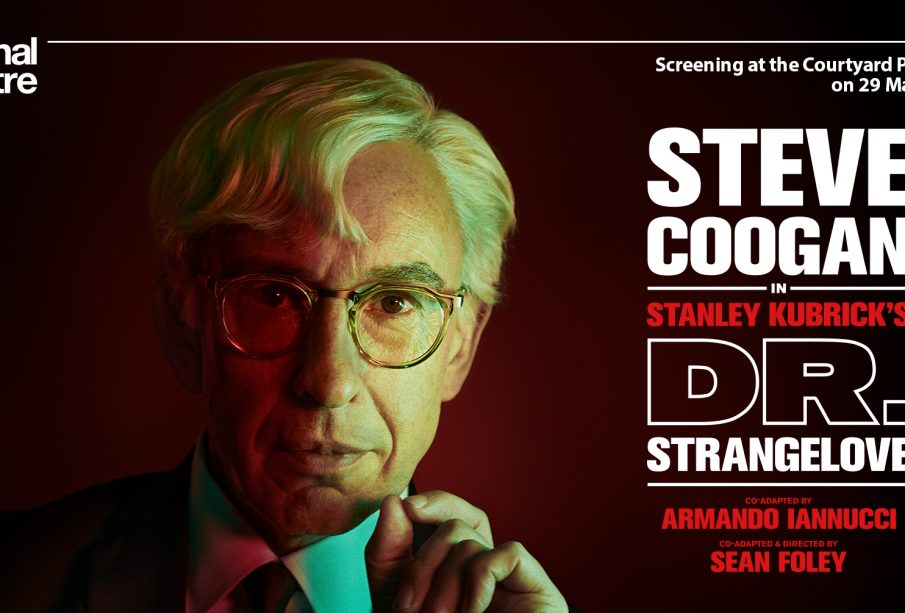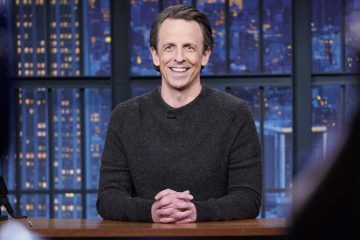Exploring the Dr Strangelove Play: Satire in Modern Theatre

Introduction
The recent resurgence of interest in the Dr Strangelove play highlights its enduring relevance in a world that continues to grapple with themes of war, power, and human folly. Originally adapted from Stanley Kubrick’s iconic 1964 film, the theatre production of Dr Strangelove has captivated audiences with its sharp satire and absurd comedy. In a time when international tensions and political conflicts appear to escalate, the play serves as a critical reflection on the consequences of military decisions and human error.
Details and Events
The most recent production of Dr Strangelove premiered at the West End theatre in London, attracting a diverse audience keen to witness this classic work reimagined for the modern stage. Directed by acclaimed playwright John Smith, the adaptation retains the original screenplay’s biting humour while integrating contemporary references that resonate with today’s socio-political climate.
This play explores the absurdity inherent in the bureaucracy of war—a theme that seems ever-timely as geopolitical tensions rise. Its characters, including the titular Dr Strangelove, an ex-Nazi scientist, and President Merkin Muffley, epitomise the chaos and confusion that often surrounds military decision-making. The production has not shied away from addressing issues of nuclear escalation, drawing parallels with current events involving global powers.
A particular standout from the production is the use of multimedia technology, which blends live performances with video projections to highlight the irony and gravity of war. Critics have praised the immersive experience, noting how effectively it communicates the play’s core messages about power and the folly of humanity.
Conclusions and Significance
As discussions surrounding nuclear policies and military interventions remain prominent in public discourse, the Dr Strangelove play serves as a poignant reminder of the absurdities of power. Its ability to provoke laughter while simultaneously encouraging audiences to reflect on critical issues reinforces the role of theatre as a platform for social commentary.
The continuing popularity of Dr Strangelove in modern theatre suggests that audiences remain not only entertained but also engaged in conversations about the implications of human decisions on a grand scale. As the political landscape changes, productions like Dr Strangelove will likely remain significant, inviting new generations to consider the ramifications of folly in governance and the ever-present spectre of war.








